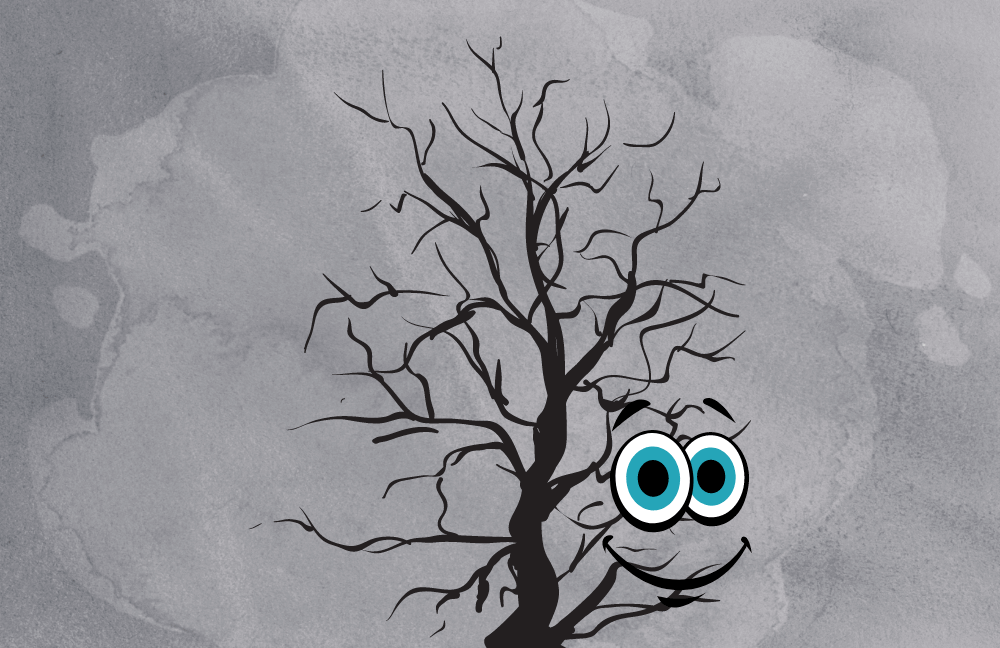Social Anxiety Disorder (SAD)
What is Social Anxiety Disorder (SAD)?
Social Anxiety Disorder (SAD) is an intense, consistent and exaggerated fear of situations that are likely to involve scrutiny by others. Anxiety in general is an automatic state of alarm in response to situations that are perceived as threatening. This makes social anxiety sound like a normal, or rather healthy emotion. Slight fear of being judged socially can motivate you to perform better. But social anxiety disorder (SAD) involves persistent, pervasive and unjustified fear, that is clearly in excess of the threat posed by the social stimulus. That’s when it warrants medical attention. Social anxiety is also known as social awkwardness or social phobia.
Social anxiety could be situational or continuous, mild or nerve wracking, episodic or chronic. If untreated, it may also lead to sudden and intense feelings of overwhelming fear that appear and reach maximal intensity within minutes (panic attacks), when one is put among people. Social anxiety impacts all aspects of life like work, friendships, relationships; and communicating with loved ones too. The self-defeating nature of social anxiety is rooted in the fact that people don’t want to discuss their fear, because it’s embarrassing. And so, they refrain from seeking treatment for it. The refusal to seek treatment is a symptom of anxiety itself.
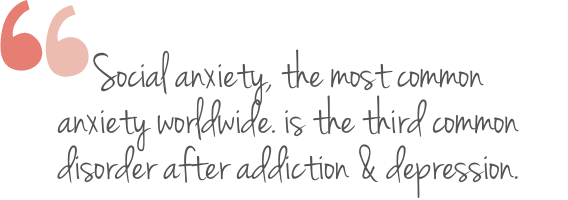
What Causes Social Anxiety?
There is no single reason that can be pinpointed to explain why one gets so severely anxious in social situations. We think it’s the exam, or interview, or date, or appraisal that’s causing us to feel restless. But the reality is deeper rooted. Evidence and research over the years explain a combination of genetic, biological, psychological and environmental variables.
The genetic explanation comes from an often-seen history of social anxiety or any kind of anxiety in a parent, sibling or family member. Biologically, anxious people are wired to have an exaggerated stress hormone response when they’re with people. So, their brains signal an excess release of cortisol and adrenaline which causes the anxiety symptoms. Also, previous significantly embarrassing social situations, poor work relationships, and lack of peer support makes them believe that any embarrassment they’ve had, will repeat in the future too.
Yet, most importantly, irrespective of the genetic loading, brain wiring, and outside stressors; one’s coping style, social skills, communication method, and psychological defenses; all influence the way social situations are perceived by the brain, and subsequently appraised as positive or fearful. Negative events and failures justifiably arouse some apprehension and restlessness. But if you are able to see your fear as irrationally exaggerated, you are prepared to face the situation better.
Signs and Symptoms of Social Anxiety Disorder
Social Anxiety: Emotional Signs
- Apprehension of social situations
- Hypersensitivity to any feedback
- Excessive, unnecessary self-focus
- Anticipatory anxiety and panic
- Feeling afraid of losing control
- Hopelessness and worthlessness
- Depersonalized, detached feeling
Social Anxiety: Physical Signs
- Unsteadiness in social situations
- Increased heart rate, palpitations
- Breathing fast (hyperventilation)
- Trembling, shakiness, blushing
- Sweating on the palms and feet
- Diarrhea, constipation, urination
- Achy tightness in facial muscles
Social Anxiety: Cognitive Signs
- Selective filtering, negative focus
- Anticipating the worst outcome
- Obsessing over embarrassment
- Mind reading other’s intentions
- Unjustified, untrue assumptions
- Catastrophic or extreme thinking
- Overgeneralization of the past
Social Anxiety: Behavioral Signs
- Restlessness, jitteriness, agitation
- Inability to sit still or be composed
- Social withdrawal, getting isolated
- Slacking at home, work, or school
- Irritability; frustrated all the time
- Getting startled by anything at all
- Excessive drug and/or alcohol use
Treatment of Social Anxiety Disorder (SAD)
Social anxiety damages relationships, diminishes work performance, lowers self-care and occasionally can lead to depression too. Treatment varies with how deeply the disorder affects your ability to live a normal life. Psychotherapy (also called psychological counseling or talk therapy) with or without medication, as well as social and family intervention are the best solution. Medication can help when symptoms are excessive and the anxiety has become physiological too.
Psychotherapy (or therapy as is better understood) focuses on changing negative views of yourself, others, and the world at large. Cognitive techniques include CBT (Cognitive Behavioral Therapy), REBT (Rational Emotive Behavior Therapy), ACT (Acceptance and Commitment Therapy), Humanistic techniques like EFT (Emotion focused Therapy) and mindfulness, to name a few. All of these work on dysfunctional thoughts, emotions and behaviors that contribute to negative self-reflections and the resultant anxiety.
Here are some ways in which therapy; particularly cognitive behavior therapy (CBT) and its subtypes, and mindfulness training help you cope with this anxiety to help you gain back confidence in social situations.
CBT Goals
- Identify past negative experiences
- Assess their ongoing role in anxiety
- Recognize maladaptive coping styles
- Seek triggers that worsen uneasiness
- Label irrational or detrimental beliefs
- Replace them with positive mindsets
- Accept likely crisis with flexibility
- Strengthen the ability to recover
CBT Outcomes
- Logical approach to solving problems
- Lessened emotional over-reactivity
- Regulation of catastrophic thoughts
- Modulation of unconstructive feelings
- Controlled reactions to social situations
- Reclaimed self-esteem and confidence
- Optimized communication proficiency
- Healthy perfectionism and motivation
Dr Shefali Batra: Helping Social Anxiety Disorder
The cornerstones of social anxiety management are empathic listening, unconditional acceptance, and respect for how you feel. With that grounding, we have a detailed discussion with you (as well as your family or loved ones if you permit) and then chalk out a treatment plan that embraces your goals, preferences and pace of self-work. As a psychiatrist and psychotherapist practicing distinctive therapies, Dr Shefali guides you through cognitive, mindfulness and neurobehavioral milestones to help you think, feel and behave more purposefully.
Changing long standing thought processes, emotional reactivity and behavior patterns is not easy. With ongoing communication, continuous support, cognitive challenge techniques, mindfulness training and continuous daily guidance and self-monitoring, the speed of self-healing increases manifold. And you get empowered to deal with any challenging social situation better. How you feel matters. Let’s do something about it.
Dr Shefali Batra was interviewed by VERVE Magazine on Demystifying Mental Health. She explained the applicability of different therapies in various psychological conditions and how they help you feel better.
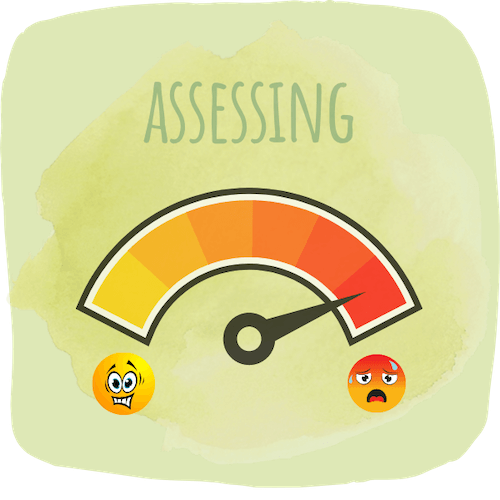

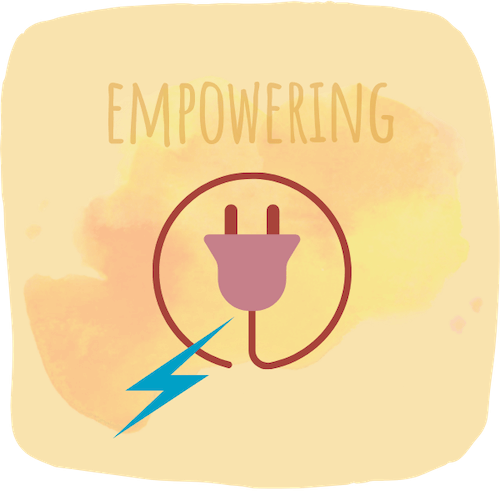
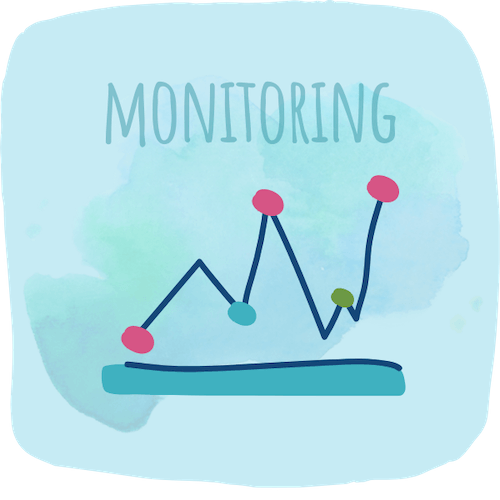
References
- Rice, S., O’Bree, B., Wilson, M., et al., (2020). Leveraging the social network for treatment of social anxiety: Pilot study of a youth-specific digital intervention with a focus on engagement of young men. Internet interventions, 20, 100323.
- Rose GM, Tadi P. Social Anxiety Disorder (2020). StatPearls. Treasure Island (FL): StatPearls Publishing; 2020.
- World Health Organization. (1992). The ICD-10 classification of mental and behavioural disorders: Clinical descriptions and diagnostic guidelines. Geneva: World Health Organization.
Latest Posts

7 Reasons Why You Should Seek Therapy
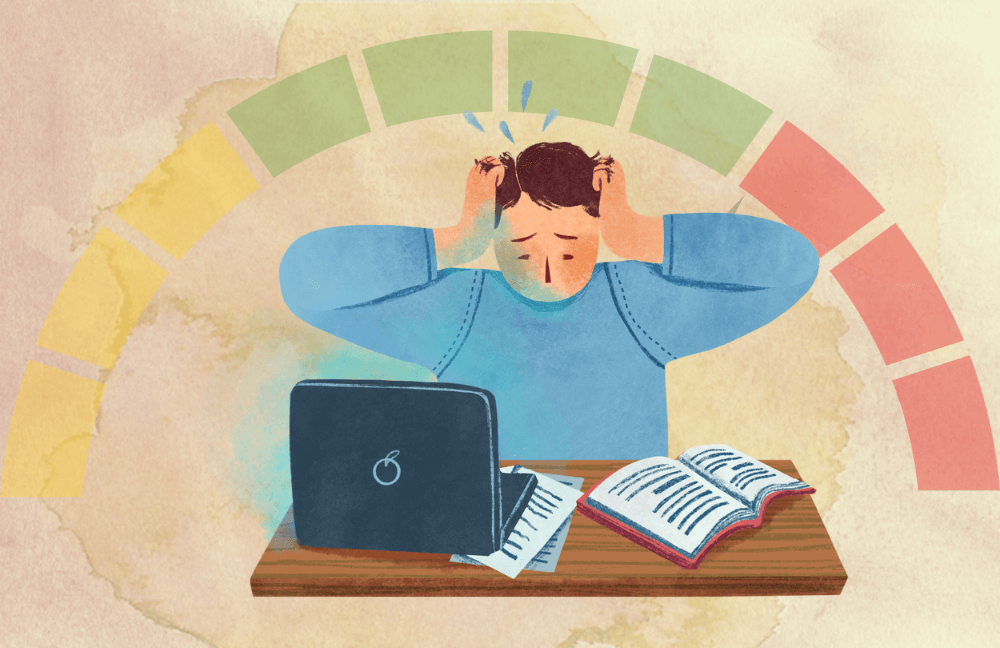
7 Questions About Workplace Stress Answered
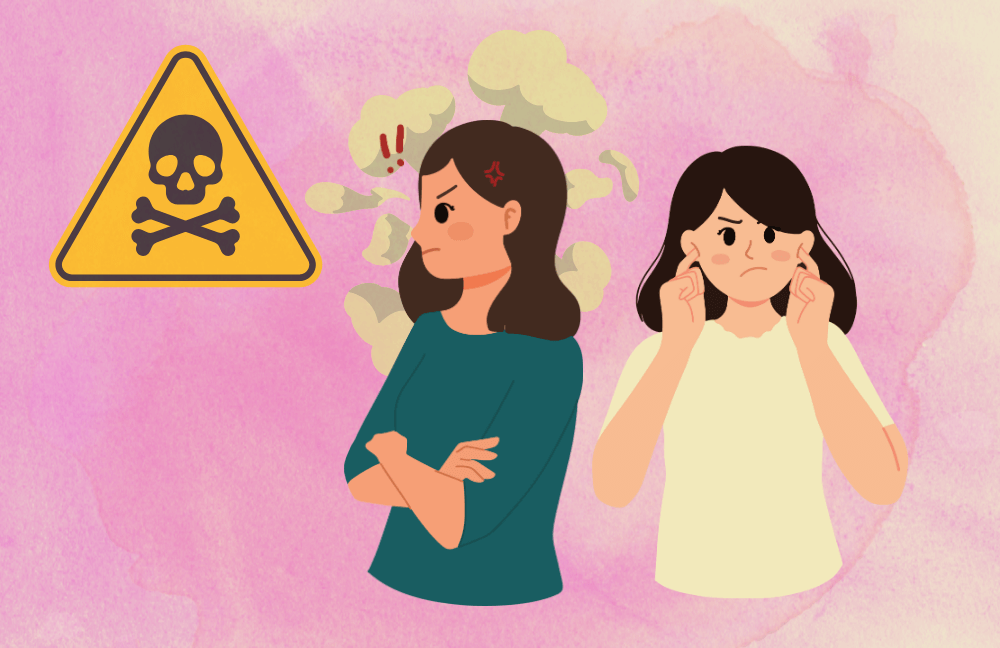
5 Ways To Deal With A Toxic Coworker
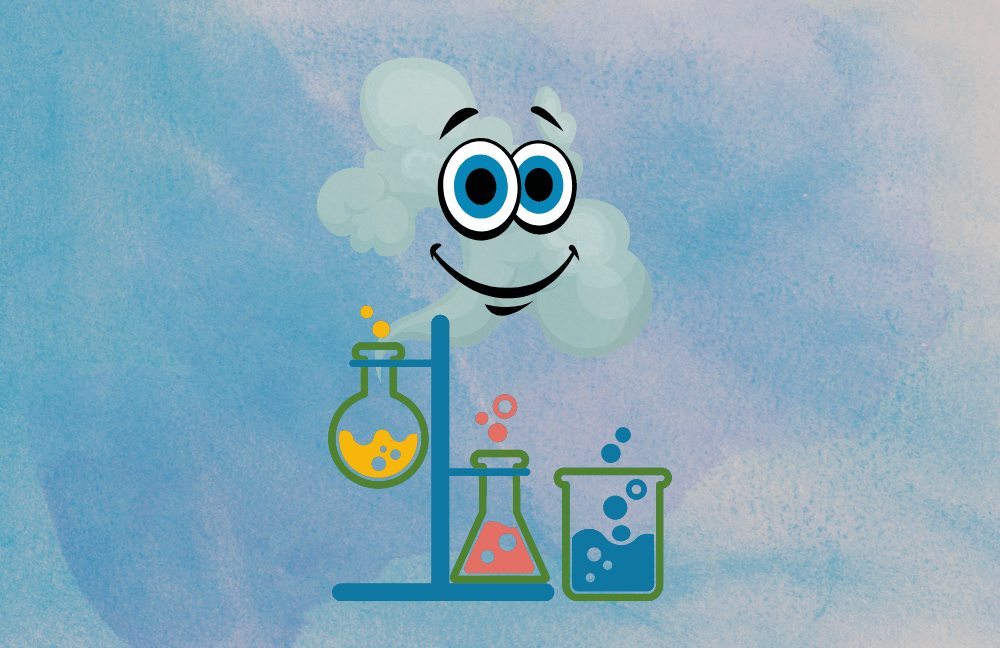
Science of Happiness: 1000s Of Years Of Research
